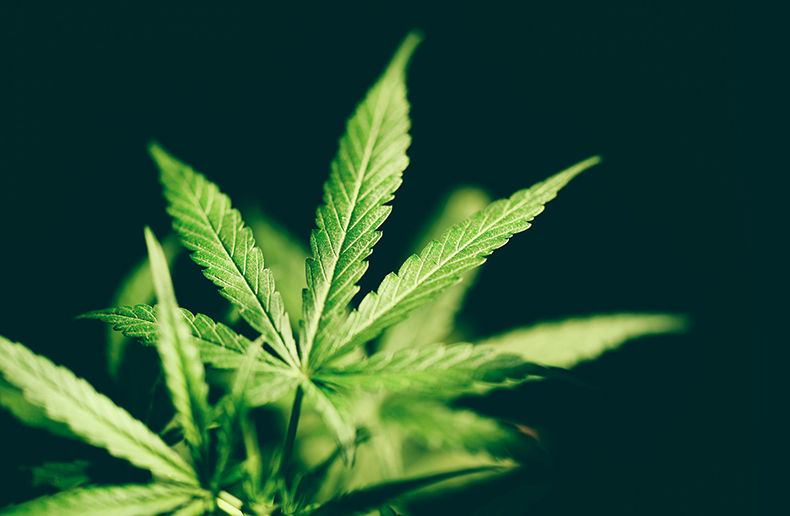In 2018, 27% of Canadian cannabis users claimed to have driven their vehicles within two hours of consuming cannabis (smoked/vaped) or within four hours after ingestion. This proportion has now decreased to 18%, according to Health Canada.
However, studies indicate an increase in the proportion of drivers who, when hospitalized after a road accident, have tetrahydrocannabinol (THC) blood levels above the legal limits.
"After the legalization of cannabis, the prevalence of moderately injured drivers with a THC level of at least 2 ng/ml in participating trauma centers in British Columbia more than doubled. The increase was most significant among older drivers and men," states a study conducted in this Western province and published in The New England Journal of Medicine in 2022.
In September 2023, a new study revealed that in Ontario, the legalization of non-medical cannabis is associated with a 94% increase in emergency room visits following a road accident involving cannabis consumption compared to the eight-year period before legalization. A 223% increase was also observed in Ontario between the periods 2010-2018 and 2020-2021, with the latter coinciding with the cannabis commercialization phase launched in March 2020.
While the effects of the COVID-19 pandemic and its curfews may have influenced driving behavior, Dr. Daniel Myran, the study's lead author, also notes that the number of emergency room visits following alcohol-related accidents remained stable during the same period.
Raising awareness of risks
"The increase in the number of road injuries involving cannabis consumption that we observed reflects a broader trend in impaired driving due to cannabis," says Myran, who, along with other researchers in Ottawa, had access to 950,000 emergency room patient records in Ontario between 2010 and 2021.
While refraining from concluding a direct causality link between THC consumption and road accidents, emergency physician Éric Mercier from CHU de Québec calls for increased awareness among young people and men about the risks of driving after consuming cannabis. "Unfortunately, there is some trivialization," Mercier lamented during a media appearance. Mercier was involved in a pan-Canadian study last spring that revealed THC was detected in 18% of the 7,000 road accident victims who underwent blood tests. Data on impaired driving due to cannabis are often presented as having no impact on accidents, Mercier deplores. He believes it is essential to realize that one is a very poor judge of their level of intoxication and their actual ability to drive a vehicle.
According to the Quebec National Institute of Public Health, the probability of being deemed responsible for a collision is higher among cannabis users than non-users.
This article is a Magazine Supplement for the December issue of the Insurance Journal.




